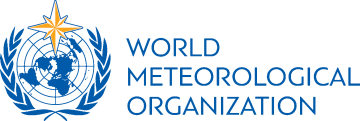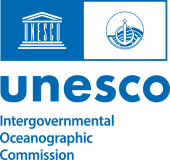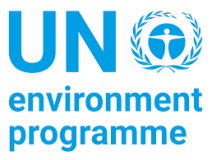Global Climate Observing System (GCOS)
The Global Climate Observing System (GCOS) is co-sponsored by the World Meteorological Organization (WMO), the Intergovernmental Oceanographic Commission of the United Nations Educational, Scientific and Cultural Organization (IOC-UNESCO), the United Nations Environment Programme (UN Environment), and the International Science Council (ISC). It regularly assesses the states of global climate observations of the atmosphere, land and ocean and produces guidance for its improvement.
GCOS expert panels maintain definitions of Essential Climate Variables (ECVs) required to observe Earth’s changing climate systematically.
The observations supported by GCOS contribute to solving challenges in climate research and also underpin climate services and adaptation measures.
Vision
A world where users have free access to the climate-related information they need.
Aim
To ensure the availability and quality of observations necessary to monitor, understand, and predict the global climate.
GCOS works towards a world where climate observations are accurate and sustained, and access to climate data is free and open.



